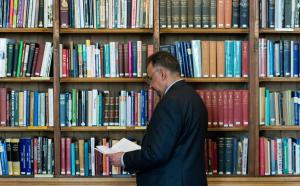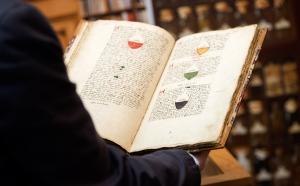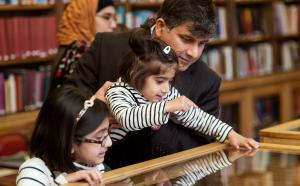
Obituaries
Recent Obituaries
These are the obituaries of Fellows and Members of the College which have been published in the last six months.
Obituaries A-Z
Below is a list of obituaries of Fellows and Members of the College, organised alphabetically by surname. To search by year, view our index below.












